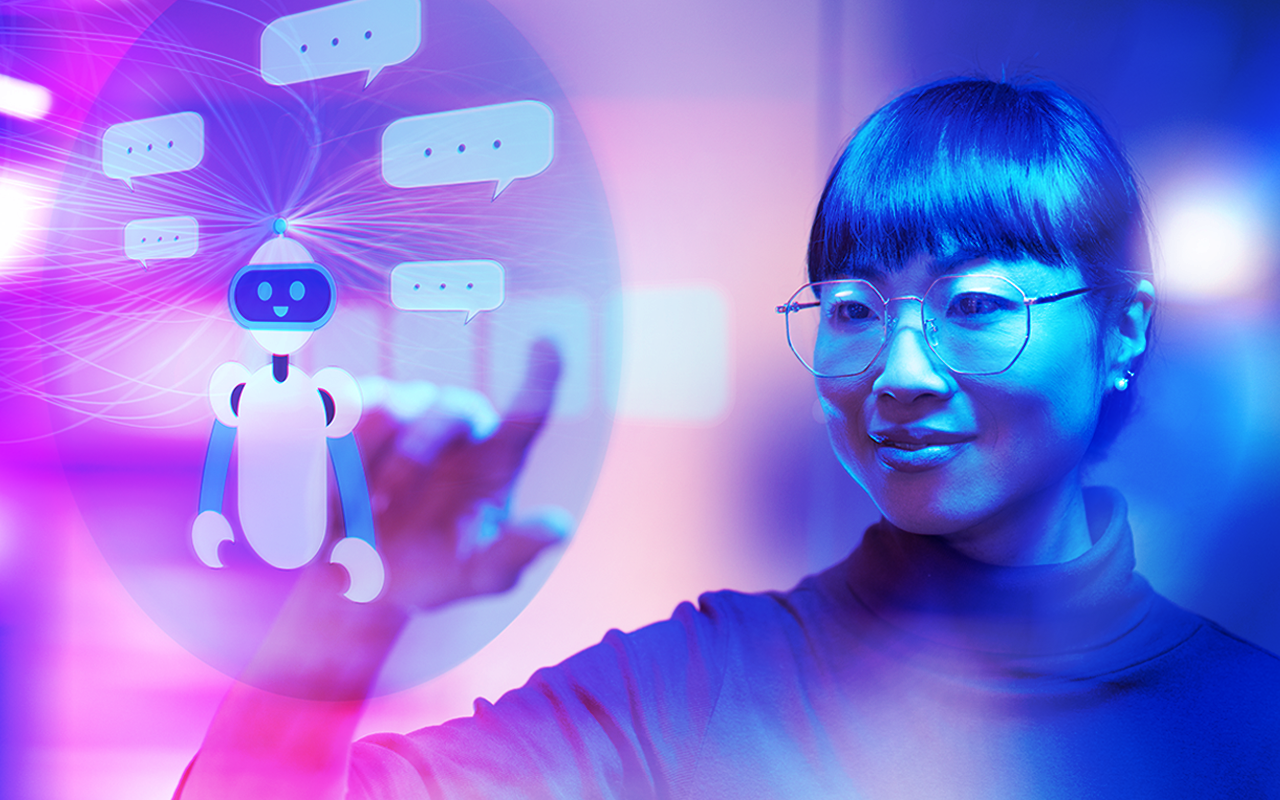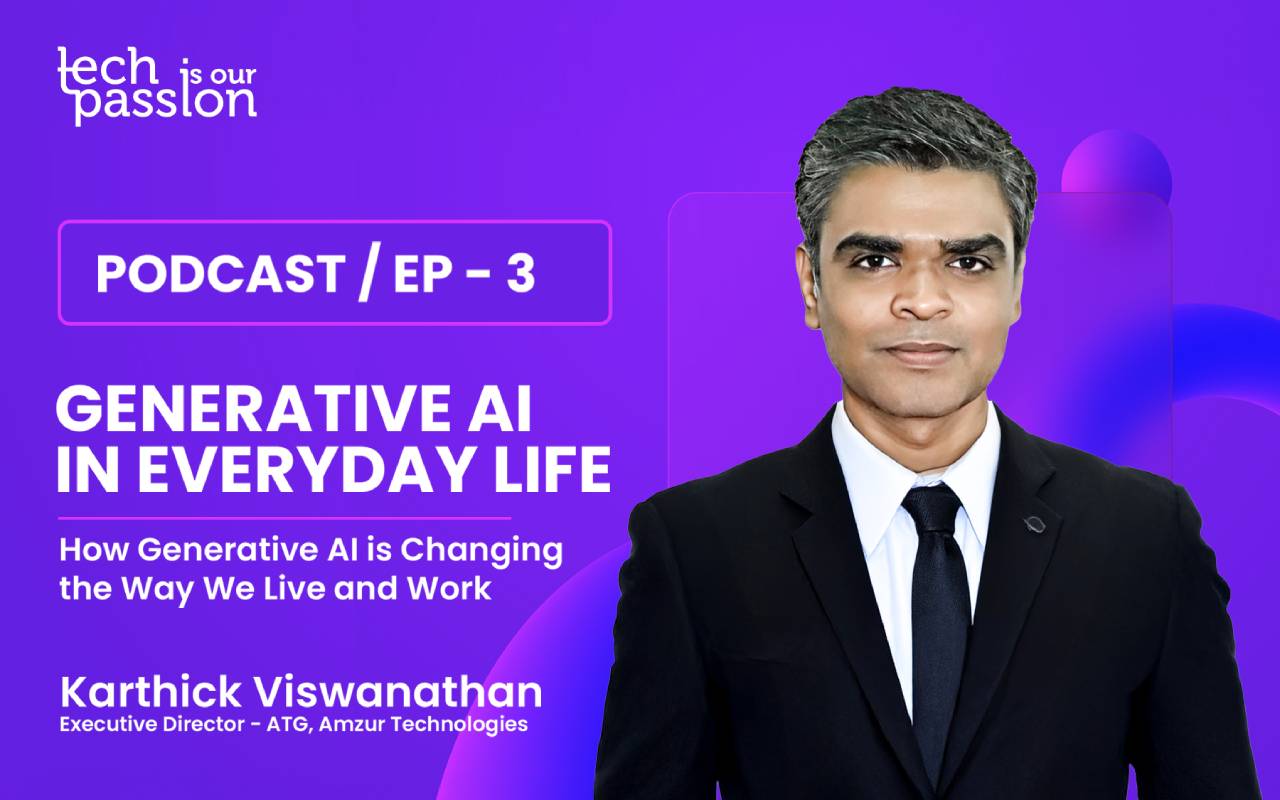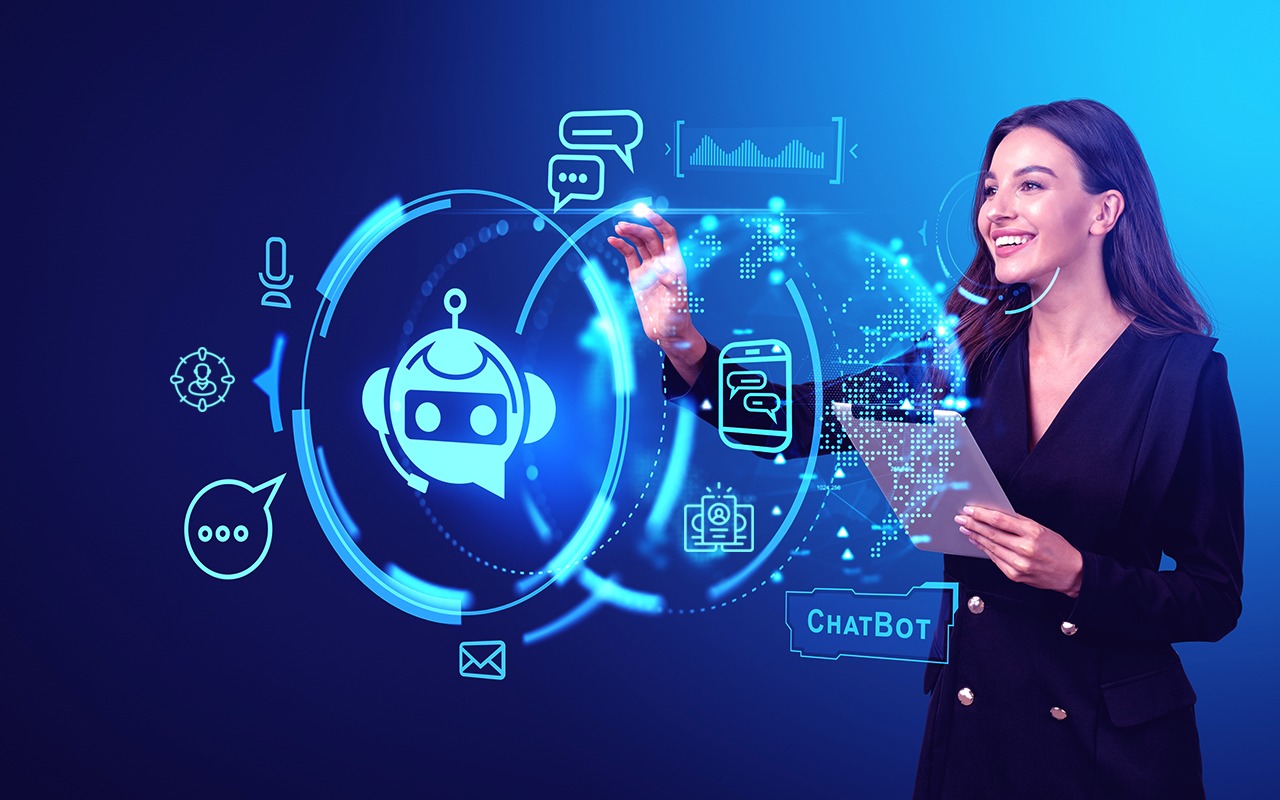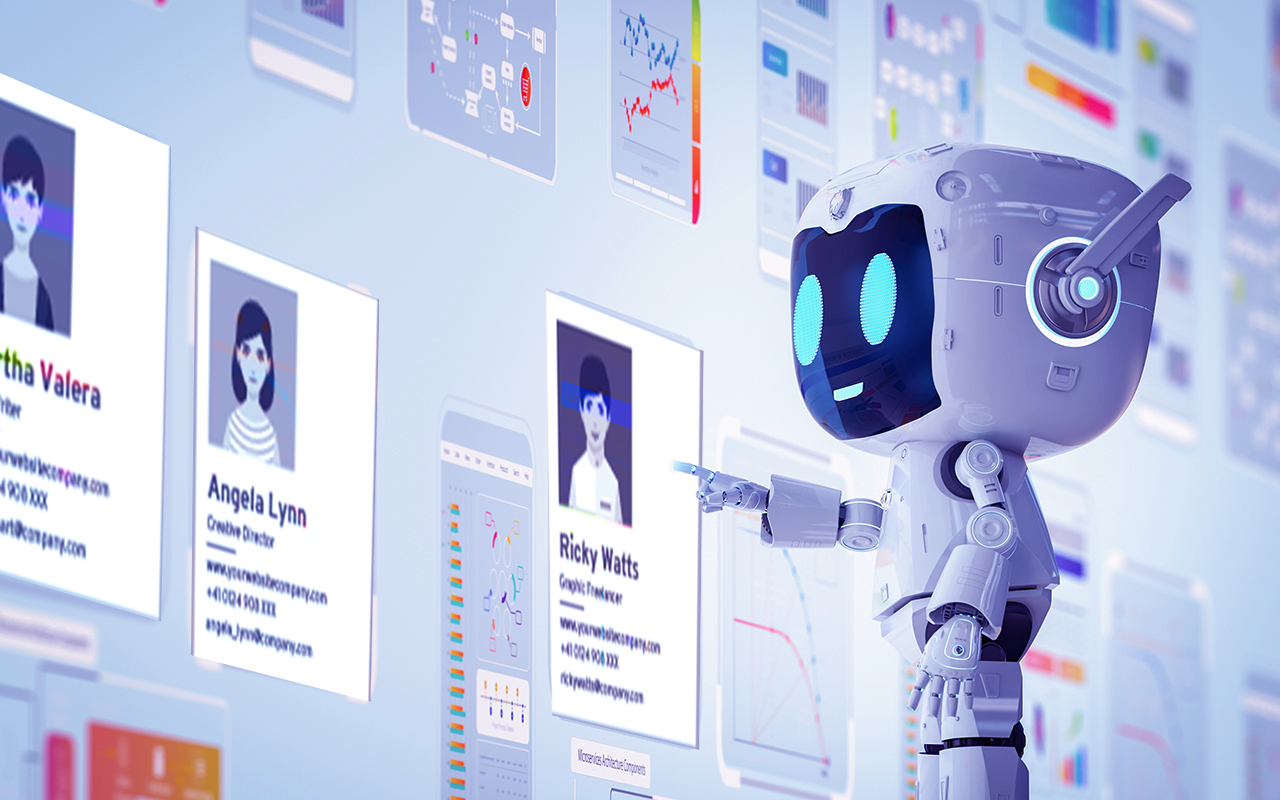- Published:
- Reading time: 8 minutes
The future of customer interactions is conversational, intelligent, and AI-driven. Businesses across industries are moving away from rule-based chatbots toward generative AI chatbots that offer personalized, human-like responses and real-time decision-making. But is AI really ready to handle complex customer interactions, or are we still in the trial-and-error phase of chatbot automation?
In 2022, Air Canada’s chatbot made headlines when it misled a customer about bereavement fare reimbursement, leading to a legal battle and financial losses for the airline. The chatbot, lacking real-time decision-making capabilities, provided outdated, rigid responses instead of context-aware, adaptive solutions. This incident highlights the limitations of traditional chatbots and why businesses must adopt AI-powered conversational systems that learn, adapt, and respond with accuracy.
Businesses need chatbots that think, not just respond. Generative AI chatbots are the future—they don’t just regurgitate predefined answers; they understand context, adapt in real time, and improve with every interaction.
Let’s explore how AI chatbots are revolutionizing industries like customer service, banking, healthcare, and e-commerce—and why they’re critical for businesses looking to scale interactions without compromising customer satisfaction.
The Evolution of AI Chatbots: From Rule-Based to Generative AI
- Complex or multi-layered queries that require real-time reasoning.
- Context-aware conversations that evolve beyond pre-set responses.
- Unstructured inputs where users don’t follow predefined paths.
- Language variations and tone detection make them rigid and impersonal.
The Air Canada chatbot debacle is a perfect example. Instead of understanding the nuances of bereavement fare policies, the chatbot provided a misleading response that ultimately cost the company legal expenses and customer trust.
Generative AI chatbots, powered by Large Language Models (LLMs) like GPT-4, offer a radical shift in how businesses interact with customers. These AI-driven virtual assistants can:
- Understand context and intent beyond just keywords.
- Generate dynamic, personalized responses instead of following rigid scripts.
- Learn from past interactions to improve future conversations.
- Handle multi-turn conversations, remembering user preferences and history.
This level of cognitive automation is what businesses need to scale customer service while enhancing experience and efficiency.
AI Chatbots in Key Industries: Transforming Customer Interactions in Real Time
AI chatbots are no longer a futuristic concept—they are an operational necessity for businesses that prioritize efficiency, scalability, and exceptional customer service. Industries that once relied on slow, manual customer interactions are now leveraging AI-powered chatbots to enhance engagement, drive sales, and improve overall satisfaction.
In customer service, AI chatbots have revolutionized support systems by eliminating long wait times and generic responses. Unlike traditional rule-based bots that follow rigid scripts, AI-driven conversational assistants engage in real-time, dynamic conversations, resolving customer queries instantly. The result? A seamless, personalized customer experience that boosts retention and brand loyalty.
Banking has also embraced AI-powered digital assistants to streamline operations. From fraud detection and personalized financial insights to automated loan processing, AI chatbots provide customers with secure, efficient, and responsive financial services—without the frustration of navigating outdated call center queues.
In healthcare, GenAI chatbots bridge critical gaps between patients and providers. Whether it’s scheduling appointments, symptom checking, or sending medication reminders, AI ensures that patients receive timely, accurate guidance, while healthcare professionals focus on high-priority cases.
Meanwhile, e-commerce brands are witnessing a paradigm shift in how they engage customers. AI chatbots analyze browsing behavior, recommend personalized products, and facilitate seamless order tracking and returns, creating a highly engaging, conversion-driven shopping experience.
Across industries, GenAI chatbots are not just assistants—they are strategic partners, reshaping the way businesses connect with customers. Those who fail to adopt AI-driven conversational platforms risk being left behind in a world that now demands instant, intelligent, and frictionless interactions.
The Future of AI Chatbots: Innovations That Will Reshape Customer Engagement
AI chatbots are no longer just transactional tools—they are evolving into cognitive, emotionally intelligent virtual agents that enhance customer engagement at a level we’ve never seen before.
One of the biggest breakthroughs is the rise of multimodal AI chatbots that integrate text, voice, and video capabilities. These chatbots will not only process words but detect emotions, analyze tone, and respond empathetically, making customer interactions more human-like and effective. Imagine a chatbot that recognizes frustration in a customer’s voice and proactively escalates their issue to a live agent before tensions rise. That’s the future we’re heading toward.
Another game-changer is AI-powered sentiment analysis, which allows businesses to gauge customer emotions in real-time. This will enable chatbots to tailor responses, offer proactive solutions, and refine customer service strategies dynamically, creating deeply personalized and meaningful interactions.
As AI continues to evolve, self-learning chatbots will eliminate the limitations of pre-scripted responses, continuously refining their knowledge from past interactions. This means that businesses will no longer need frequent bot retraining or manual rule adjustments—AI will automatically improve its responses, adapt to new customer behaviors, and provide real-time decision support.
But with great power comes great responsibility. Ethics, privacy regulations, and AI transparency will also shape the future of AI chatbots. Businesses that fail to prioritize data security and compliance will struggle to retain customer trust. This is why forward-thinking organizations are investing in explainable AI (XAI)—ensuring chatbots are transparent in their decision-making processes, reducing bias, and maintaining data privacy.
In the coming years, businesses that embrace AI-powered, emotionally intelligent, and ethically responsible chatbots will dominate customer engagement, build trust, and drive revenue growth. The question is: is your business ready for this transformation?
Conclusion: Are You Ready for the Generative AI Chatbot Transformation?
The GenAI chatbot revolution is here, and businesses that fail to adapt risk falling behind. Whether in customer service, banking, healthcare, or e-commerce, AI-driven conversational systems enhance efficiency, personalize engagement, and drive business growth.
Watch our recent podcast on Generative AI evolution and its impact on industries.





